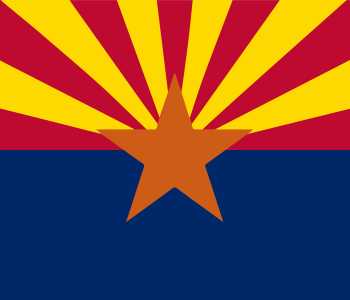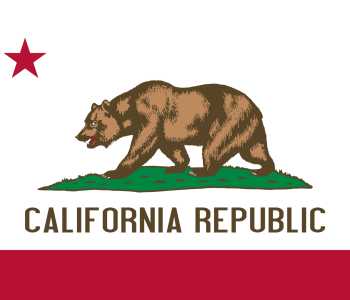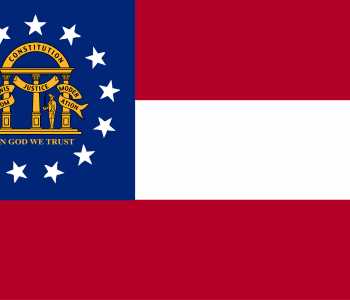South Carolina Business License

Small Business Information For South Carolina
Do spend your days dreaming of starting your own business? The dream of entrepreneurship can be a daunting one. However, with the right resources, you can be well on your way to starting your own business.
This article will highlight the top priorities and decisions you will need to make as you start filling out your business license application.
Getting your business license will make it legal for you to conduct business within the state of South Carolina. As a new business, this is an important first step to take when starting your new venture.
Below are the 5 steps to getting your South Carolina business license:
1. Determine if you need a single or multiple licenses
2. File Your Records And Business Forms
3. Determine if you will need an additional professional license
4. Pick your business name
5. Secure Service Marks or Trademarks
Each step is discussed below along with helpful links to online resources.
Get Single Or Multiple Licenses
License and registration requirements can vary in South Carolina. Some companies may require single or multiple licenses or registrations, while others have no registration obligations.
Some permits and licenses are associated with sales tax or meeting safety, health, and environmental reporting status. A variety of permits and licenses cover multiple occupations and professions.
Separate state agencies typically issue each type of license and permit. To find the permissions your business requires and the issuing agency, visit the Licenses, Permits & Registration page on sc.gov.
Some required permissions get locally issued and depend on the issuing city or county. For clarification, refer to the city or county website in which you'll be operating your business. These localized sites should contain pertinent registration information. Under State or Federal Laws, some companies could qualify for local licensing exemptions.
File Your Records And Business Forms
You will need to determine what type of business you want to start. It's critical that small business owners file applicable legal forms and documents with the appropriate government agencies. Limited Liability Companies and S Corporations must submit records in the State of operations.
Additionally, businesses must report organizational documents with the SOS - or Secretary Of State. For more information, review the Forms and Fee Library, found on the Secretary of State website. This page contains extensive data.
Licensing By Profession
Many professional occupations require additional licensing and permits to operate in South Carolina. The South Carolina Department of Labor, Licensing, and Regulation handles professional licensing through the Division of Occupational and Professional Licensing. This board includes the Office of Board Services (OBS), which oversees all individual occupational and vocational regulatory boards. The website contains resources for all state-regulated occupations and professions. Each link on the page brings you to relevant resources for specific licensing information.
The OBS website list does not include all professions. However, you can find documents on the website that provide extensive lists of jobs and occupations not listed but that have licensing requirements. Each report contains pertinent links for lawyers, doctors, and other professionals conducting business throughout South Carolina.
Using A Fictitious or Assumed Business Name (Trade Name)
Many businesses use multiple names to conduct business, some of which aren't necessarily their registered business name or the legal name of the company owner. Corporations and LLCs offer small business owners the option to register their business with the State using one name, but use other names to do business. The original registration name is commonly known as a registered name, an actual name, a true name, or as a DBA - or Doing Business As.
Depending on your company structure, using an alternative business name offers the ability to extend business offerings. If wishing to use a fictitious business name, foreign (Non-South Carolina entities) LLC's and corporations must file the appropriate paperwork with the State to operate. Foreign Limited Partnerships have to file a certificate for their assumed name. All documents associated with DBA's and assumed names must get registered with the Secretary of State.
Unlike other states, the Secretary of State in South Carolina does not enroll trade names or DBAs for South Carolina based companies. The only records the Secretary of State keeps is the legal business names of local corporations and business entities. Each business reserves its legal name when it's officially registered with the Secretary of State.
To get more information on the registering your site in South Carolina, visit the helpful FAQ's found on the Business Filings section on the Secretary of State website.
If you have specific questions about operating under an assumed business name or as a DBA, you might also consider reaching out to your business consulting or legal team. They can provide guidance and advice on what steps your company needs to take to be compliant with local, state, and regional laws and regulations.
Securing Service Marks or Trademarks
There are several types of legal marks commonly used in business. Each type of mark has a precise legal definition to protect the intellectual property it represents. Among the most common business marks are copyrights, trademarks, and trade names.
Each mark plays a critical role in branding and marketing efforts. Generally, trade names and logos are widely used to build brand recognition and customer loyalty. They help to identify products, services, or individual businesses. By registering your marks(s) with the appropriate parties, you are taking steps to protect the intellectual property of your company or organization.
If infractions occur, you own the right to file complaints and ask for the removal of infringements or misuse of your brand name, logo, or likenesses. This right helps curtail abuse that could potentially harm your brand reputation.
Service marks and trademarks are eligible for registration in South Carolina. However, this registration is separate from Federal Level registration.
Additional Resources
People interested in getting information and assistance for their South Carolina small business will find the "Beginning A Business" section of the State's Government sc.gov website a helpful resource. This website contains links to essential state agencies to find business assistance and other resources. Visitors can find links to the SBA, also known as the Small Business Administration, a very helpful small business resource.
Another invaluable resource is the SCBOS website. The South Carolina Business One Stop website contains information and links to help with start-up funding, company growth, as well as select registration and business licensing information.
FAQ
What is the minimum business license I need to run my South Carolina business?
Is there any other state requirements that my company must meet, besides licensing?
You must register your South Carolina Secretary-of-State's office if your business is a limited liability company, corporation, partnership, or limited liability partnership. Registering should be your first step, as many license applications will need your registration information. For use tax and business property tax, businesses must register with the Department of Revenue. These things can be done via the official South Carolina Business One Stop Website at www.scbos.com.






